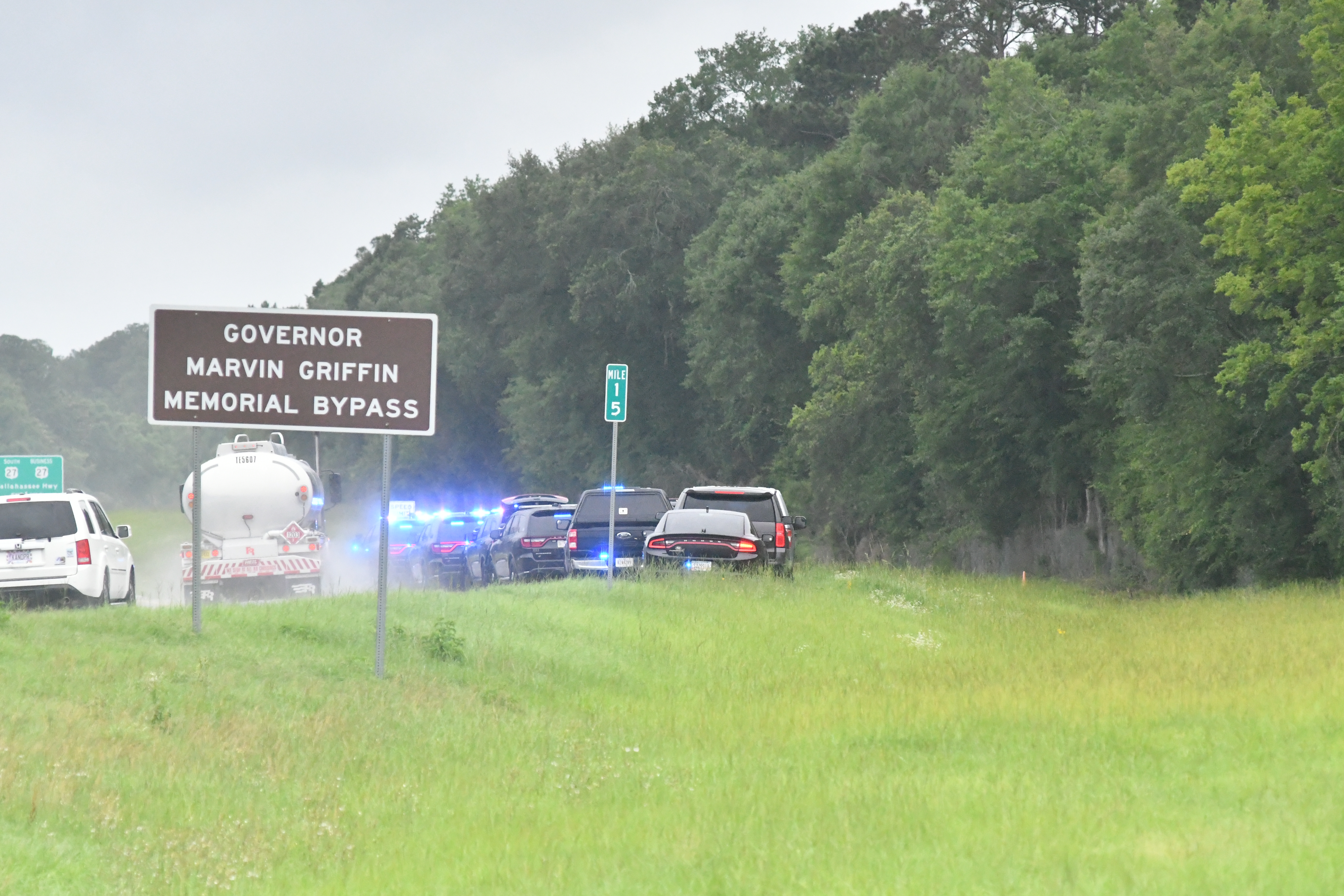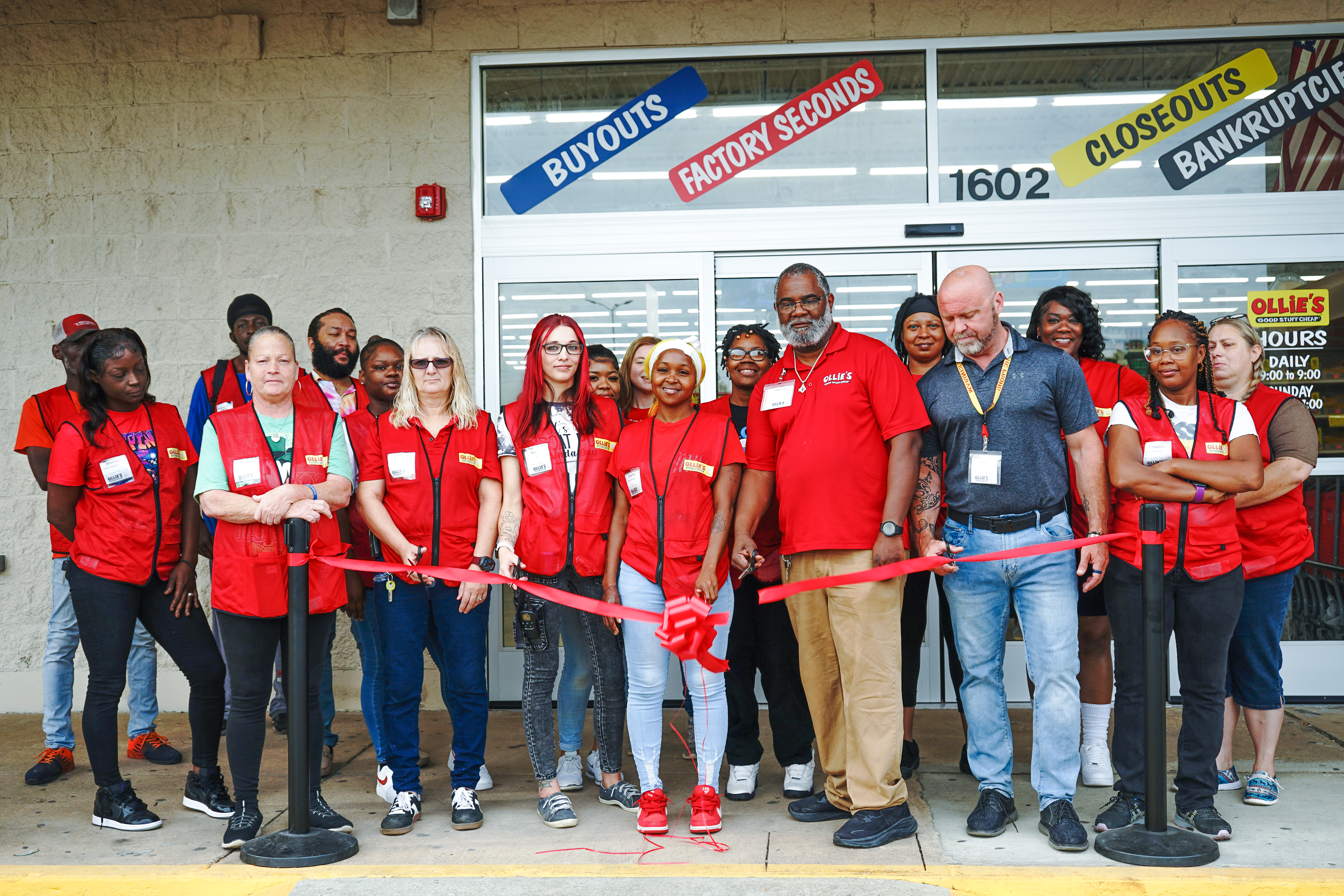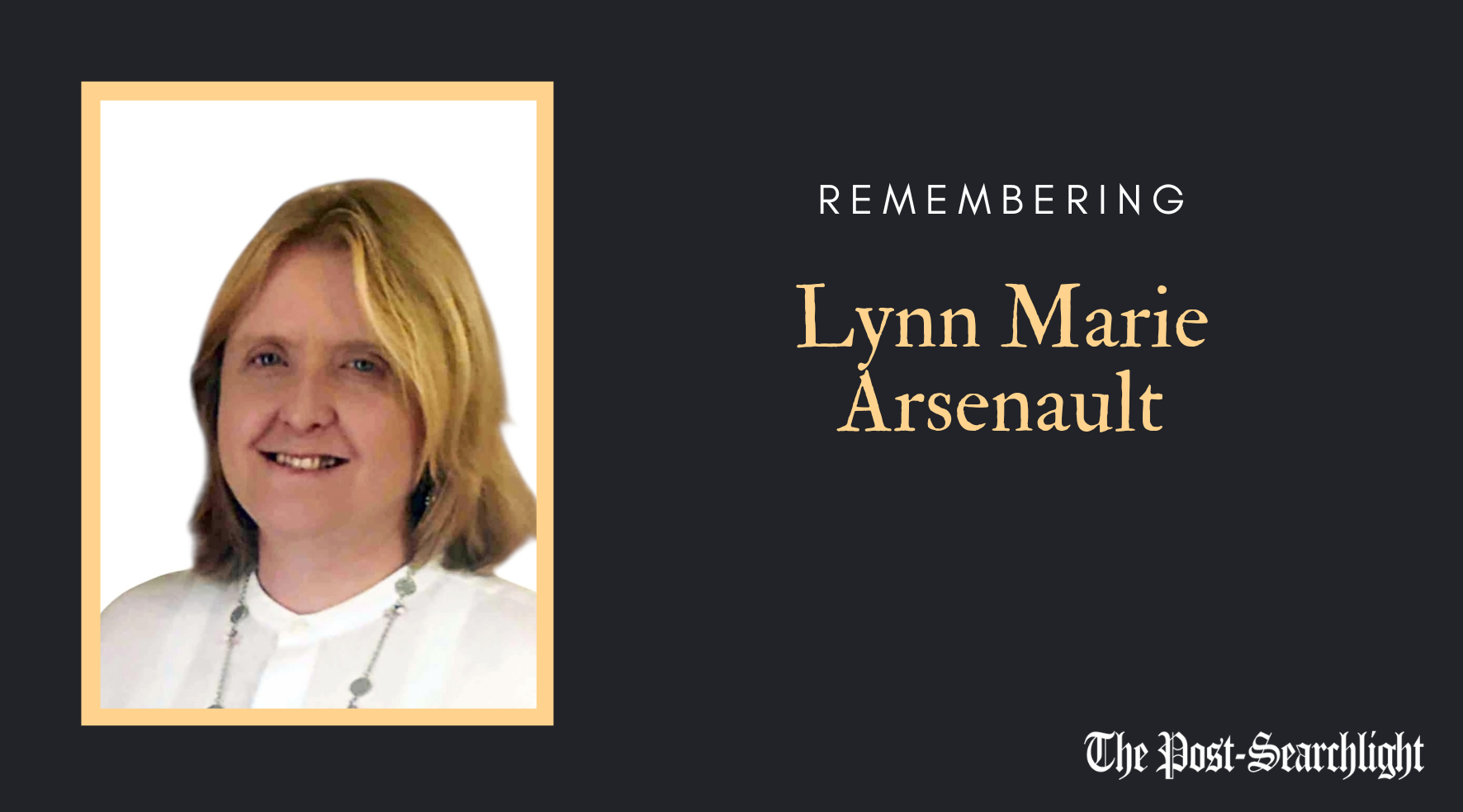A warrior who battled to make us better
Published 2:50 pm Friday, February 19, 2010
The body is a little frail and he walks with a cane, but the man still has the look of a warrior.
His name is Charles Ector.
He experienced the uglier side of society and with dignity and determination took prejudice head on.
Mr. Ector was a pilot in World War II with the legendary Tuskegee Airmen, but is tight-lipped about the experience except to say, “I wasn’t treated well.” He did share one story about those days: As he was being discharged he stopped off at a diner in a small town in Indiana near his post for lunch. When he sat down and picked up a menu, the waitress snatched it out of the first lieutenant’s hand and said, “We don’t serve n—–s here.” So much for the thanks of a grateful nation.
A native of Ohio, Charles Ector came to Atlanta, got married and started a family and a radio and television repair business before embarking on a teaching career. After the death of his first wife, he remarried a former flame whose grandfather, David T. Howard, was one of Atlanta’s most prominent black citizens. It was during this time he met Dr. Martin Luther King Jr. in what was a turning point in Ector’s life.
“I was eager to join the civil rights movement,” Mr. Ector says, “but Dr. King said I wasn’t ready. He told me, ‘This is going to be a non-violent movement. If someone hits you, you would probably hit them back.’”
The civil rights leader was correct, Ector admits—“I was ready to whip the world.” Instead, he was sent to school to learn how to endure the slings and slurs of a society not ready to accept blacks into their world.
One of his early efforts involved integrating the lunch counters at what was then Davison-Paxon department store in downtown Atlanta. As soon as they were seated, he and King were arrested. As they sat in jail, MLK asked him, “How are you feeling, Charles?”
He replied, “Scared.”
The next day, another sit-in and another arrest.
Again, King asked, “How are you feeling, Charles?”
The answer? “I’m just as scared today as I was yesterday.”
Fear was soon overtaken by obstinacy. He figured if he was qualified to fight for his country, he was qualified to eat at the same lunch counter as everyone else. “Besides,” he says, “Everybody is made in God’s image no matter what the color of their skin.”
He and his wife moved to Gainesville with their family of six and began teaching. He taught math. She taught English. Mr. Ector said before coming to Gainesville, he had done research and found a stable government and business community that he felt would be amenable to change. He called on city officials to redistrict and give blacks a more representative voice in the political affairs in the city. That was achieved with a minimum of resistance—a credit to the city and its leadership and to the man himself.
His quiet demeanor and his effectiveness in bringing the races together peacefully made Charles Ector an influential adviser to Georgia governors. He won’t reveal much about his private conversations with the state’s chief executives, but he does recount the day Jimmy Carter came up to him and said, “Mr. Ector, I am thinking about running for president.”
Ector looked at him and said, “President of what?”
He chuckles and says, “Looking back, I probably shouldn’t have said that.”
As I was about to leave, I asked Mr. Ector what he thinks about today as he looks back on a long and distinguished career that began with racial enmity and ended with him a respected civil rights warrior who has given his children and grandchildren—and mine—a world much different from the one he inherited. A smile creeps across his face. “I’m happy,” he says, “I must have done a good job. God would want that.”
I think God would say, “Well done, good and faithful servant.”
Charles Ector saw the worst in us and spent his life making us better. He is a great American.





